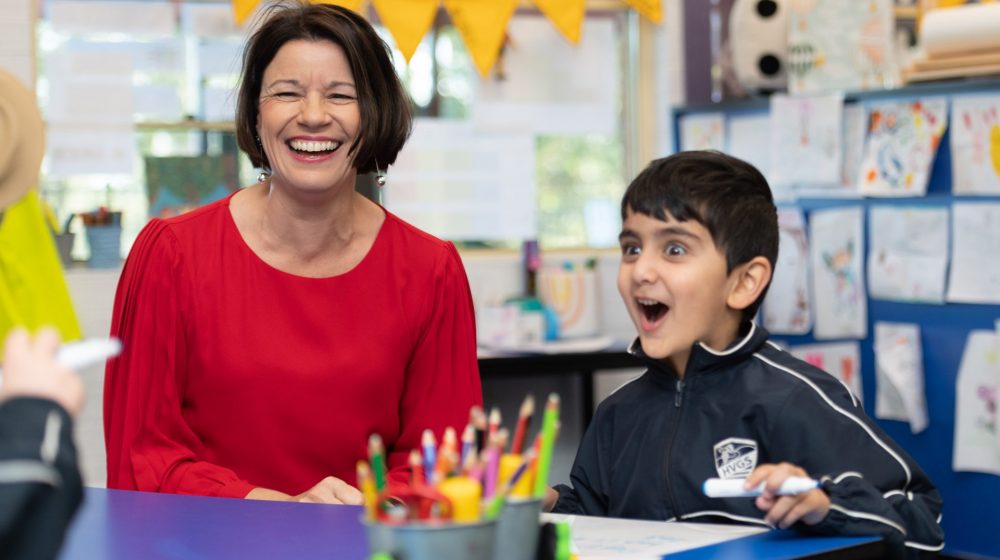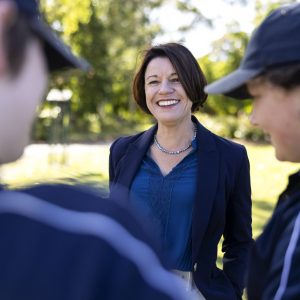Published on August 25, 2023
Recently I have been engaged in conversations about attention and dialogue: how to be actively present and engaged in conversation and avoid the allure of social media, which is all pervasive. Being actively present in person helps us construct understanding in collaboration with others; in a sense we come to understand ourselves better the more we deeply engage with others. One of the ways in which we can practice being truly present is through physical activity as it helps us get into a world beyond our own heads.
Matthew Crawford in The World Beyond Your Head writes that
Matthew Crawford, The World Beyond Your Head: How to Flourish in an Age of Distraction. Penguin Books Random House, UK: 2016
Matthew Crawford suggests that the notion of enlightenment and the emergence in western philosophy of rationalism and individualism, prepared the ground for our current challenges with technology. He argues that such philosophical movements encouraged the notion of the self as de-contextualised and the centre of rationality. Crawford argues that in the pursuit of individuality we forget that our sense of self emerges in relation to others, to time and to place.
There are two key concepts that Crawford espouses: cognitive extension and joint attention. The first is the notion that as we engage with the physicality of the world we remember that this is a world we “act in, not merely observe. And this means that when we come to acquire new skills, we come to see the world differently.” (p. 249) However, the acquisition of new skills requires time, patience, attention and conversation. It requires great cognitive effort that, in our pursuit of mechanised/robotised solutions to what is regarded as routine labour (e.g. being a mechanic) we tend to forget. Similarly, in our desire to share all that we have through social media, we undermine our own individuality and conform to social norms. It is often through these norms, and the representation rather than experience of objects, that we come to know our world.
Crawford argues that by valuing cognitive extension – the art of doing not only knowing – we attend to our world and moment in time more fully. In a simple example he notes that we might know what chopsticks are but it is only through the act of using them that we fully understand their significance and when it is appropriate to use them. We also then understand from a cultural point of view the significance of different foods – the predominance of chopsticks in an Asian context versus steak knives in America or Australia says something about the culinary history in these contexts. All of which, Crawford argues, can be represented but through experience is understood more fully.
Joint attention is really the art of being fully present with another: “Joint attention occurs among two or more people who are engaged in a common enterprise …. or at any rate in some shared pragmatic situation in which they are mentally present and aware of one another’s being present.” (p. 251-52) For me this is being mindfully present. Crawford’s argument is that the way in which to full realise this state of being is through action. This could be the act of observing the opera with an audience who is jointly attentive, or playing with your child (without a device in your hand) so that both of you are fully aware of each other’s presence and fully participating in a joint experience.

In many ways Crawford’s arguments are not new, but they are refreshing. With all of the dialogue about artificial intelligence and the decline of routine work in the face of robots who can do it for us, Crawford is advocating for practical, hands on professions. For the art (the human dimension) of hands-on crafts that reflect a history of expertise passed down through a master to his/her apprentice. This passing down is not a linear replication of how it was always done, but a conversation through which change emerges. These changes respect the context in which the apprentice is now working. In this sense these exchanges are located in time and place – embodied in the here and now – while respecting the power of tradition.
To return to the quote with which I began, Crawford goes on to describe a student excited by a motorbike and how it works. This excitement might lead him/her down the path of appreciating the role of trigonometry in motorbike design and a future in mechanical engineering, or it may lead that same student down the path of appreciating the art of motor bike construction and re-construction and the life of a mechanic. Either path is of equal value.
Crawford’s book, though, is really a tale of forgetting. Of how through the value we place on our cognitive lives we forget the power of doing and experiencing. This forgetting can lead to a disembodied life (an existence within our heads) and, most importantly, a life where the distractions technology provides can take away our autonomy and individuality by eschewing the world beyond our heads. It is in this world beyond our heads where, through direct experience, we grow and know ourselves in relation to others, time and place.

